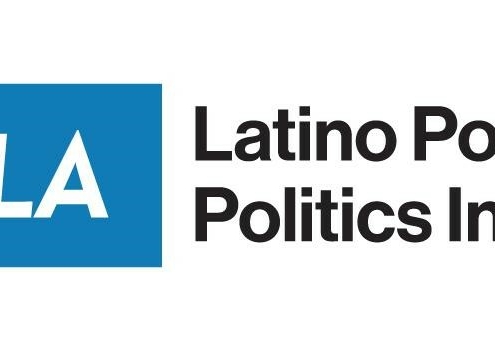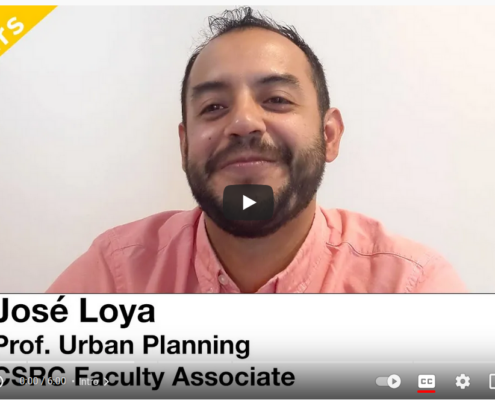
Dr. Rodrigo Dominguez-Villegas and Dr. Natalie Masuoka are Making the Power of AAPI, Latino Voters Clear
By Alise Brillault April 26, 2022 Some of the UCLA…

LA Social Science Book Series Examining Anti-Muslim Racism with Professor Sherene Razack
LA Social Science interviews Dr. Sherene Razack, Distinguished…

LA Social Science Summer Course Preview featuring Harold Lewis Discussing Film Finance (Communication 188A)
As summer 2022 approaches, LA Social Science had the opportunity…

LA Social Science Rising Scholars Series Featuring Dr. José Loya Discussing the Mortgage Market for Latinxs
LA Social Science interviews Dr. José Loya, a UCLA Assistant…

